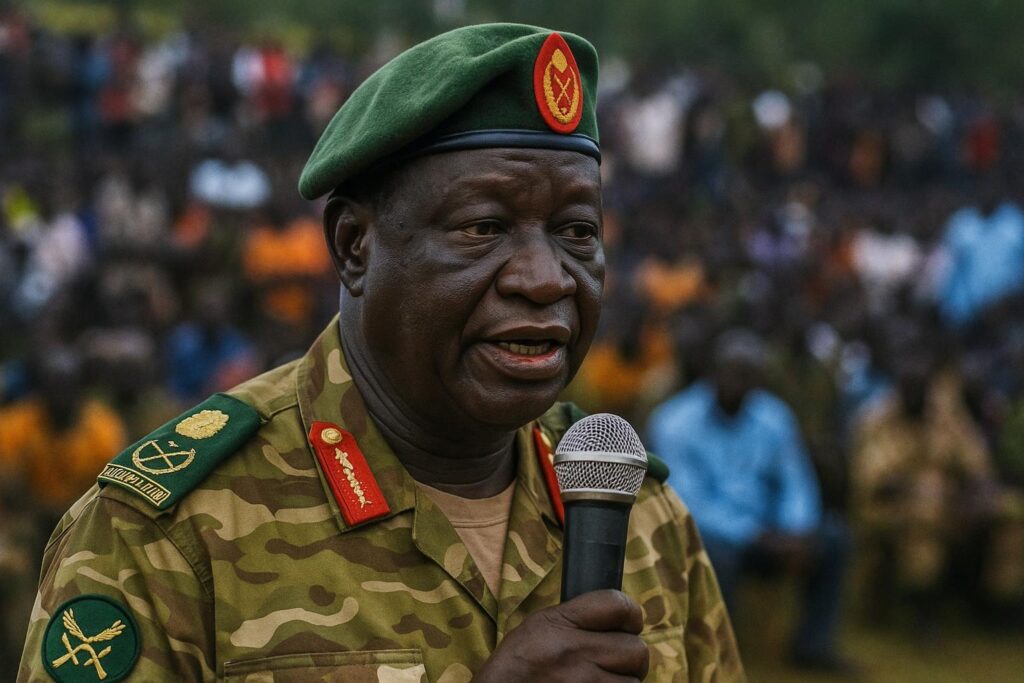Youth Appeal Reverberates in Juba
In Juba, representatives of Greater Tonj youth publicly asked President Salva Kiir to free Gen. Akol Koor Kuch, the former Internal Security Bureau director disarmed and confined last November. They framed the request as a call for unity and respect for legal processes.
Timeline of Detention and Dismissal
Security units surrounded Koor’s Nabari residence in October 2024, days after his return from medical treatment in the United Arab Emirates. By mid-November he had been relieved of his spy post, named governor of Warrap, and then sidelined, remaining under guarded house arrest.
Rights Concerns Shadow the ISB Legacy
Under Koor, the Internal Security Bureau amassed extensive influence and resources. Reports by Human Rights Watch, Amnesty International and The Sentry linked the agency to arbitrary detention and intimidation of critics, describing it as the president’s shield against domestic threats (Human Rights Watch; The Sentry).
Despite the allegations, supporters in Warrap recall a strategist who helped stabilize the fledgling intelligence architecture after independence, crediting him with rapid information sharing during communal clashes.
Political Stakes and Possible Paths Forward
Analysts in Juba note that the silence surrounding Koor’s case reflects delicate power balances inside the security sector. An unconditional release could project confidence in state institutions, whereas prolonged confinement risks fueling regional grievances and undermining reconciliation initiatives ahead of the planned elections.
Call for Rule-of-Law Resolution
Greater Tonj youth argue that due process offers a peaceful, lawful avenue to address any outstanding accusations, urging authorities to prefer the courts over indefinite detention. Their letter concludes, “Only transparent justice can affirm our collective commitment to peace and nation-building.”


